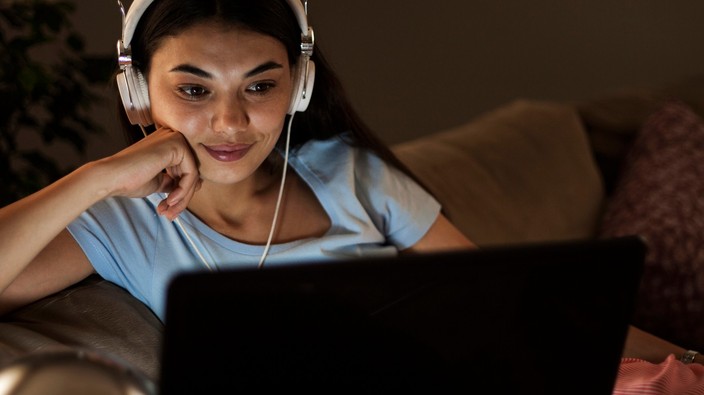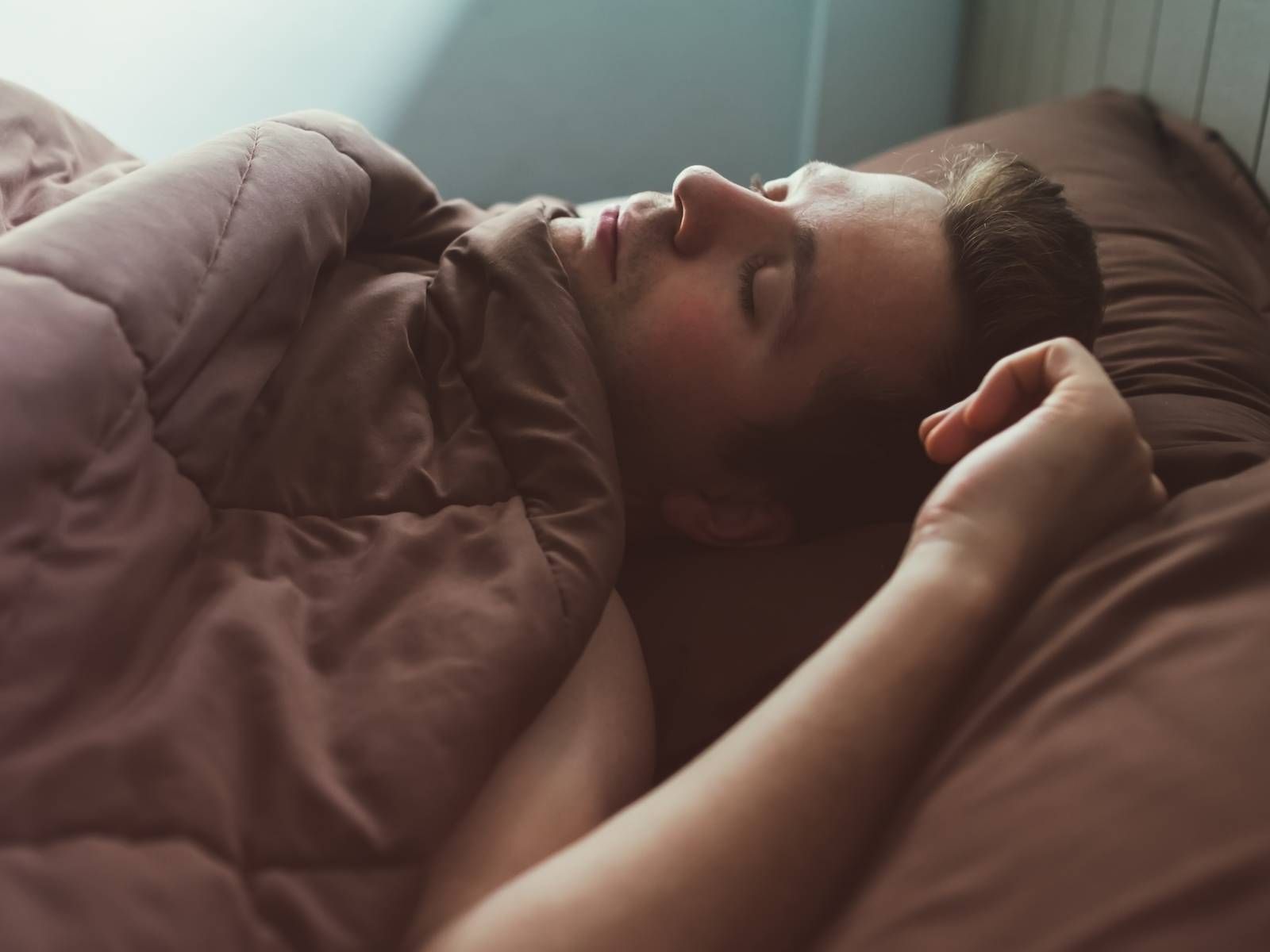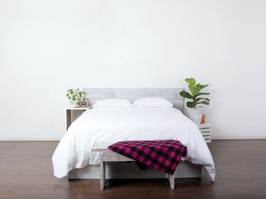and although sacrificing some snooze time in order to pack more “fun” into your day may seem like a good idea — totally worth being exhausted the next day — it’s not doing you any favours. in fact, the inevitable lack of sleep will only make it more difficult for your body to recharge in the ways it needs to. consider it a kind of catch-22.
“feeling overwhelmed often results when life demands exceed what we feel we are capable of delivering,” explains mendoza. “it can lead to an increased need to self-soothe, to prioritize one’s need to do something ‘just for me.'”
she says that once this need to put ourselves first begins to happen on a regular basis, it can lead to sleep deprivation which reduces our ability to cope with stress, manage anxiety and problem solve, making us “more vulnerable to feeling overwhelmed and continuing the cycle to resist sleep in order to have down time or feel in control.”
that cycle can also impact thinking, memory, productivity, and your ability to make decisions.
your physical health is also at risk as you become more susceptible to cardiovascular problems and metabolic disorders, like
diabetes, and erode immune function (which isn’t ideal during a pandemic). for sure, lack of sleep is not good, but it’s not uncommon:
40 per cent of people have had general sleeping problems since the pandemic began in 2020.
 3 minute read
3 minute read








